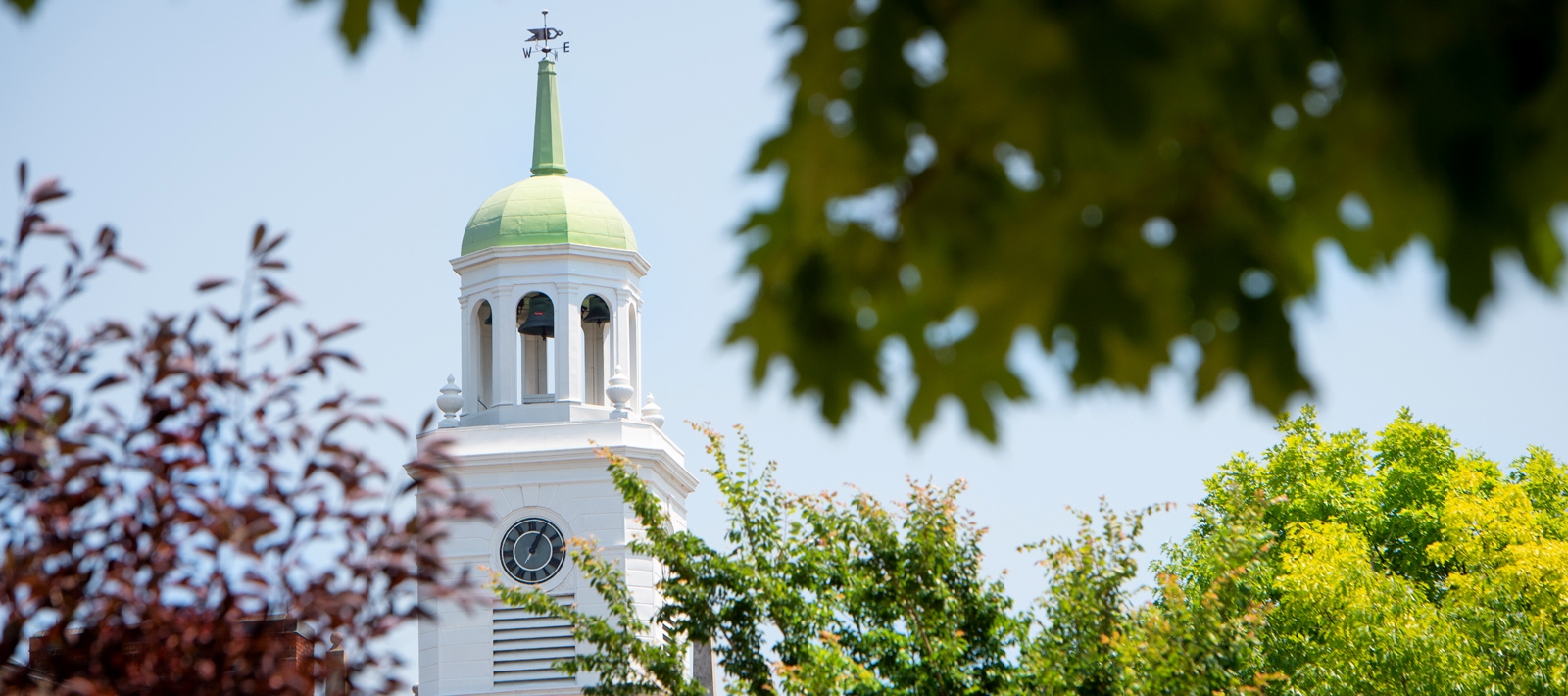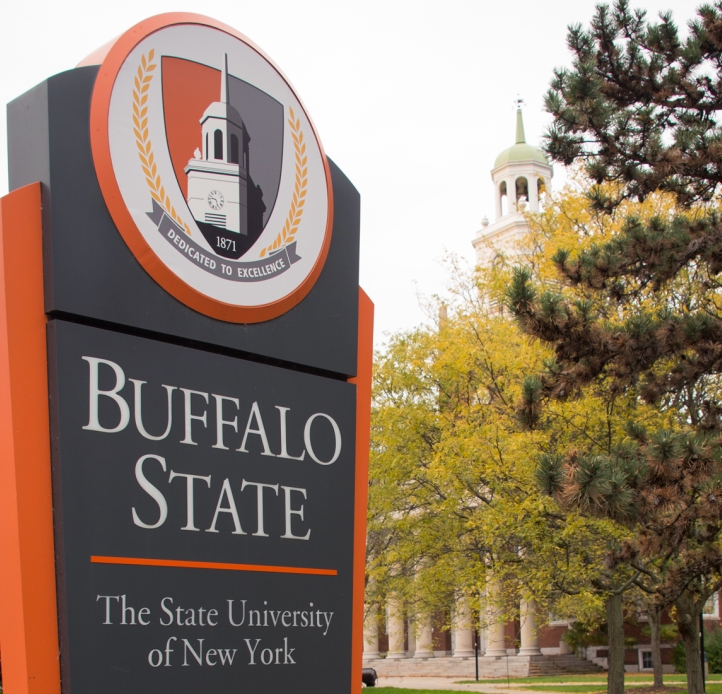
From the Buffalo State University Council
The Buffalo State University Council stands committed to the mission and direction of SUNY Buffalo State as documented in the 2022–2026 Strategic Plan. Buffalo State holds a prominent place within the higher education ecosystem, in Western New York, and across SUNY. As the only urban-engaged campus in the State University of New York system, Buffalo State not only provides an outstanding and affordable education on the bachelor’s and master’s levels but is also intricately connected to the city of Buffalo.
You will find Buffalo State engaged in and supportive of every aspect within the city.

Pillars
Our students will be provided with opportunities for a quality higher education experience at the baccalaureate and master’s degree level and receive necessary support to navigate through their unique academic and personal experiences.
Providing access to quality education is who we are as a campus and is central to our mission, vision, and values.
Our home is Buffalo, and Buffalo State acknowledges that the college is situated within the traditional territory of the Haudenosaunee Confederacy, including the Seneca, Tuscarora, Cayuga, Onondaga, Oneida, and Mohawk nations, and of their Indigenous relations and neighbors, the Erie and the Wenro.
We hope to demonstrate respect for the treaties that were made on these territories, and we pledge to work toward partnership with a spirit of collaboration with our current Indigenous neighbors, the Seneca and Tuscaroras.
GOAL 1: Strengthen and diversify the pipeline of students
GOAL 2: Continue to grow and develop a welcoming and equity-minded culture for all students
GOAL 3: Promote instructional diversity and asset-based teaching models
GOAL 4: Address ever-changing social issues and promote social justice and equity for all
As the only urban comprehensive college within SUNY, we take pride in our community and our civic-engaged campus. We strive to provide curricular and co-curricular learning opportunities, develop civic skills, and build reciprocal community partnerships that promote equity and address community-identified priorities.
These experiences will impact our students throughout their academic and professional careers. Our community efforts strengthen our city, state, and region by promoting our cultural richness and history, and help to improve the local and regional economy.
GOAL 1: Expand sustainable experiential, high-impact practice learning opportunities giving students an opportunity to engage directly with our communities
GOAL 2: Strengthen existing community partnerships and respond to other partnership opportunities
GOAL 3: Expand support for community-based research and scholarship
GOAL 4: Ensure community partnership data and feedback is used in assessment, academic planning, and institutional decision-making
Student success at Buffalo State encompasses a variety of experiences that contribute to students building a sense of belonging. To accomplish this, we will provide an array of engagement activities with peers, staff, and faculty that support and clearly create a pathway grounded in students’ curricular and co-curricular interests. Our holistic approach will enhance the total experience we provide to students including commuter, transfer, online, and many other student stakeholder groups. We commit to continuously improving upon our understanding of our students and adapting and responding to their changing needs.
GOAL 1: Create a clear pathway to develop unique, innovative, and timely programs relevant to the external landscape, including student clubs and campus community activities
GOAL 2: Through a commitment to strengthening assessment systems that support all aspects of Buffalo State, we will deploy evidence-based practices to support transparent data-informed decisions
GOAL 3: Review campus processes, policies, and communications with students to enhance involvement and participation
GOAL 4: Strengthen data stewardship and practices and create innovative, efficient, and effective data strategies that lead to an outstanding educational experience for our students
GOAL 5: Closely monitor and respond to our students’ sense of safety on campus, including their physical and emotional well-being; empower students to self-advocate
As Buffalo State, we will celebrate the accomplishments of our exceptional faculty and staff and commit to addressing strategies to support and enhance their work. We have amazing people doing amazing things, striving for excellence, and fostering a positive campus atmosphere.
GOAL 1: Increase professional development opportunities and training programs that are relevant to our campus community and support work in serving our students
GOAL 2: Acknowledge and reward faculty and staff for their exceptional work; respond to efforts that are making a positive impact in our campus community
GOAL 3: Promote collaboration across campus
GOAL 4: Increase recruitment and retention of faculty and staff from diverse backgrounds
During Buffalo State’s 150-year history, we have demonstrated remarkable flexibility, creativity, and ingenuity.
While recent global pandemic challenges have affected all, our population of current and potential students
has most significantly felt the burden of recent global events.
Our commitment to sustainability reflects this new reality and preserves the future.
GOAL 1: Develop plans that are fiscally responsible, align with institutional priorities, and follow best-practices
GOAL 2: Develop plans that are environmentally responsible and are informed by the United Nations Sustainable Development Goals
